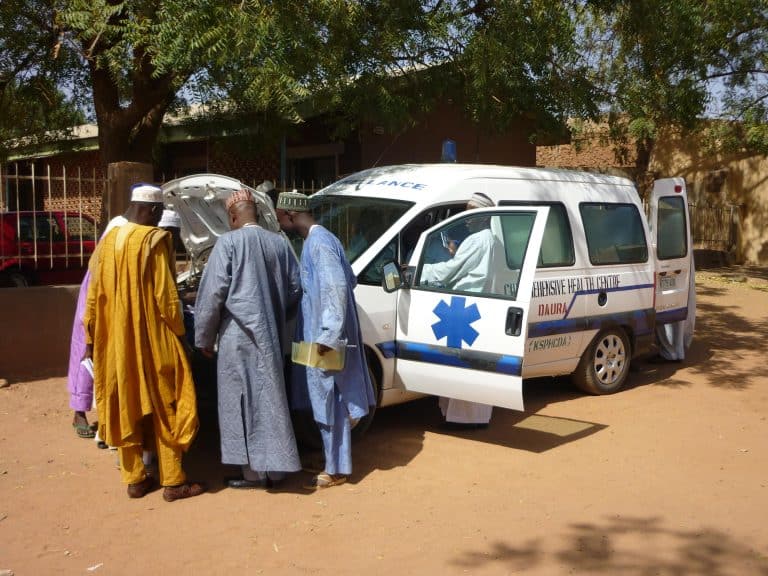Our Programmes

HIGH VOLUME TRANSPORT APPLIED RESEARCH: An investigation into the impact on social inclusion of High Volume Transport (HVT) corridors and potential solutions to identifying and preventing human trafficking
Project background
Research conducted by Cardno, Transaid, and North Star Alliance focused on the roles of vehicle operators (drivers, conductors, and turnboys) and regulatory officials (border control officials and traffic police) in Trafficking In Persons (TIP). This research aimed to define a comprehensive set of recommendations to influence future interventions. It sought to enhance understanding of the relationship between TIP and long-distance transport corridors and cross-border posts in sub-Saharan Africa (SSA), an area with limited existing research.
The research, conducted in Uganda and Tanzania from August 2020 to December 2022, included key activities such as a literature review, primary research in four locations in Tanzania and Uganda, and the establishment of a Research Strategy Reference Group. This group, comprising government, civil society, and private sector members, helped steer the research. Additional activities included a launch meeting, various dissemination events, the compilation of an article for submission to a peer-reviewed journal, and the drafting of a training manual on TIP for vehicle operators, now available on an open-access basis.
Africa has 109 international boundaries, totalling 45,000 kilometres. Inadequate border control makes many borders highly porous, facilitating various forms of criminal activity, including TIP. In 2018, an estimated 336,000 and 304,000 people fell victim to trafficking in Tanzania and Uganda, respectively. However, the scale of TIP is contested in both countries, with official statistics much lower than other estimates: Tanzania reported 161 victims and Uganda 455 in 2019. Misclassification of TIP cases (e.g., child trafficking for prostitution recorded as sexual abuse) and unrecorded incidents contribute to the discrepancy.
Results
The research identified significant gaps in awareness among communities, transport providers, and enforcement authorities in both countries. Where limited training had been conducted, it was well-received and appreciated. The research confirmed that the transport sector offers an important entry point for raising awareness among potential TIP actors and for identifying and supporting TIP victims. Interviews with TIP survivors provided insights into the human aspect of trafficking and the trauma experienced by those caught in the trade.
The study’s recommendations emphasized the need to increase awareness of TIP at strategic transport hubs to improve enforcement, support victims, reduce vulnerability, and ensure that vehicle operators receive the necessary training to enhance their basic understanding of TIP.
More Programmes











